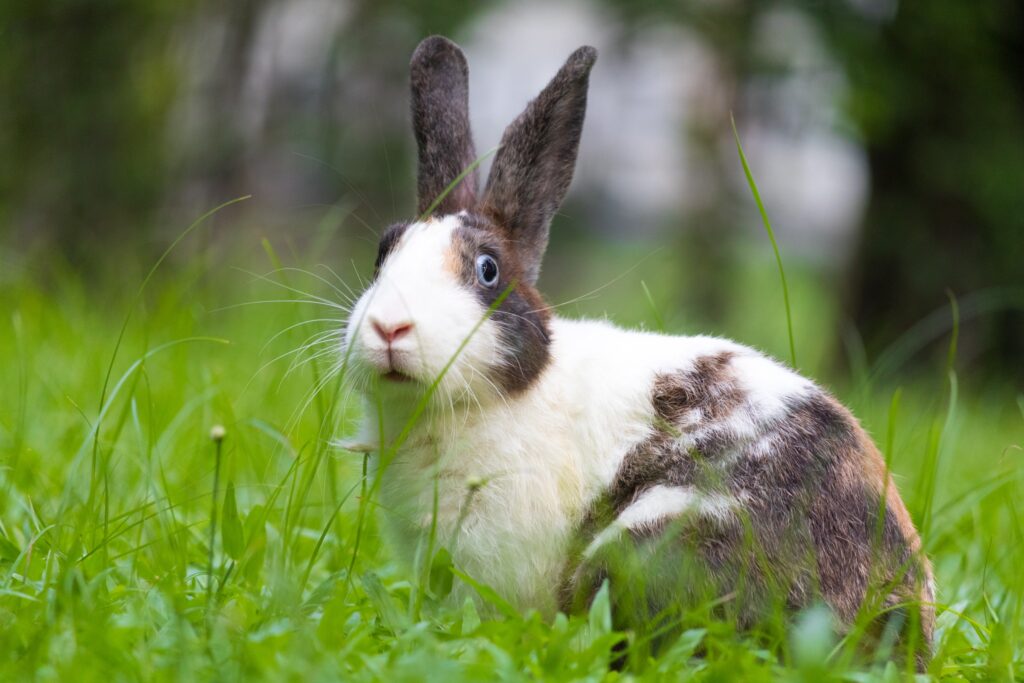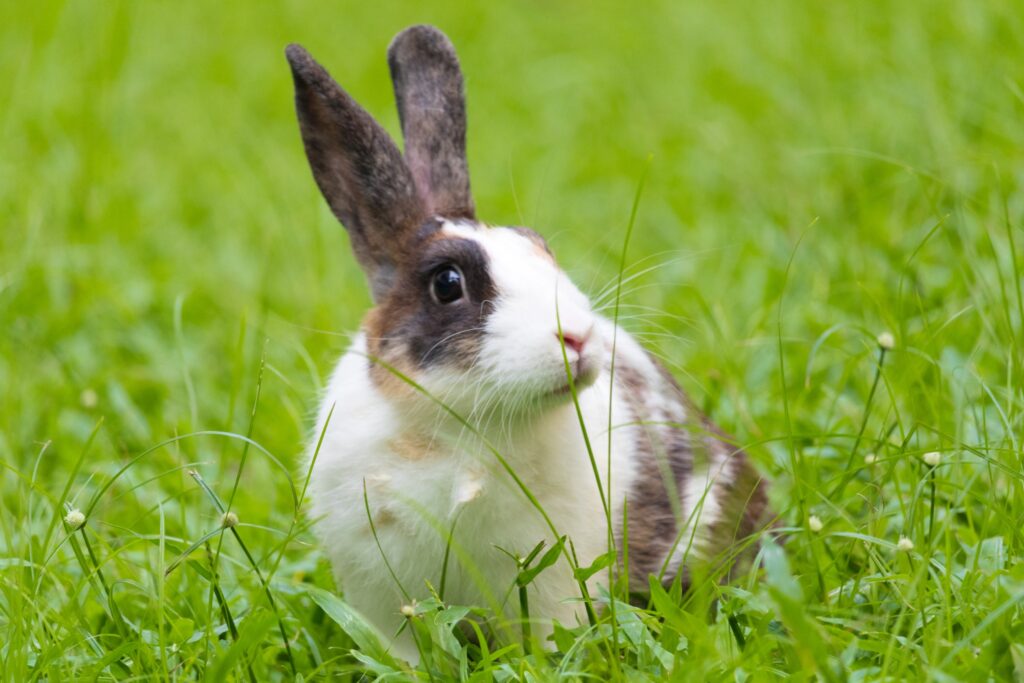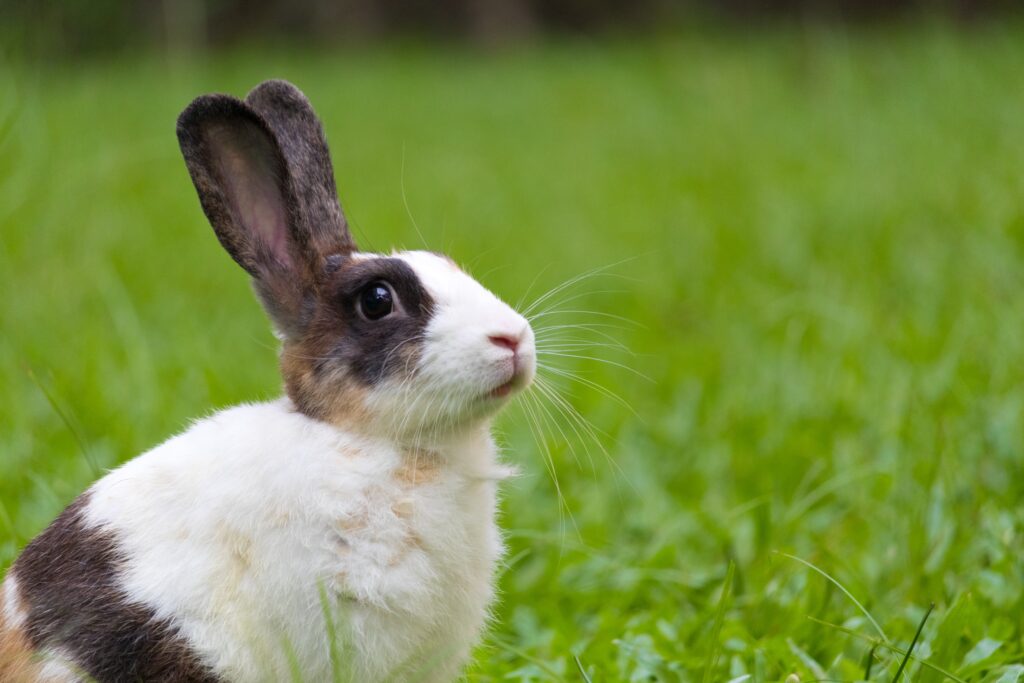Are Dutch Rabbits Rare? A Look at Their Popularity and Availability
Dutch rabbits are not considered rare. As a popular breed, they are widely found in various countries, including their native Netherlands, the United States, and the United Kingdom.

They are known for their distinctive markings, which include a white “blaze” on the face, a white saddle, and a white underside. This breed comprises a considerable portion of the domestic rabbit population and is well-represented in rabbit shows and competitive events. They are often kept as pets due to their small size, friendly temperament, and ease of care.
What Are Dutch Rabbits?
Dutch rabbits are a small and compact breed of domestic rabbits known for their distinctive markings. They are one of the oldest domesticated rabbit breeds in the world, with a history that dates back to the 1850s. Dutch rabbits were created by breeders who noticed that many of the rabbits they were breeding for food had distinct Dutch markings.
Dutch rabbits are typically between 3.5 and 5.5 pounds, with 4.5 pounds being ideal. They have a fine-boned structure and a high dress-out percentage, making them a popular breed for meat production. However, they are also commonly used for showing and as pets.
Here are some key characteristics and care tips for Dutch rabbits:
- Dutch rabbits have short, dense coat that comes in various colors, but they are most commonly known for their white blaze and colored markings on their head, ears, and body.
- They are active and social animals that require daily exercise and interaction with their owners.
- Dutch rabbits should always have a supply of fresh grass-based hay to chew and be given small amounts of fresh vegetables and rabbit pellets daily.
- Carrots are a common treat for rabbits, but be careful how many you give your pet. Carrots have a lot of carbohydrates and can cause stomach issues for Dutch rabbits.
- Dutch rabbits should have their nails trimmed regularly and their teeth checked by a veterinarian to ensure they are not overgrown, which can cause health problems.
- They should also be housed in a clean and spacious environment, with plenty of room to move around and play.
Dutch rabbits are a unique and charming breed that make great pets for those willing to give them the care and attention they need.
How Common Are Dutch Rabbits?

History of Dutch Rabbits
Dutch rabbits have been around for a long time. They are one of the oldest domesticated rabbit breeds, with a history that dates back to the 16th century. The breed originated in the Netherlands, where they were first bred for meat and fur. Dutch rabbits were brought to England in the 19th century, where they were further developed for their distinctive markings.
Current Popularity of Dutch Rabbits
Today, Dutch rabbits are a popular breed among pet owners. They are friendly, low-maintenance, and have a long lifespan. They are also relatively easy to find at local pet stores. However, they are not considered a rare breed. They are one of the most common rabbit breeds in the world.
According to the American Rabbit Breeders Association, Dutch rabbits are the third most popular breed in the United States, after the Mini Rex and the Netherland Dwarf. They are also a popular breed in the United Kingdom, with many breeders and enthusiasts.
Dutch Rabbit Characteristics
Physical Appearance
Dutch rabbits are easily recognizable due to their unique color pattern. The front half of their bodies is white, while the back half, their ears, and around their eyes are darker. The most common color is black, but they can also be found in blue, chocolate, gray, and steel. Dutch rabbits have short, straight ears and soft fur. They have a compact and well-rounded body, rounded heads, short, stocky, and well-furred ears that stand erect. Their back legs are longer than their front legs.
Dutch rabbits are small to medium-sized, weighing between 3.5 to 5.5 pounds (1.6 to 2.5 kg) on average. They have a lifespan of around 5 to 8 years, depending on their living conditions and overall health.
Temperament
Dutch rabbits are known for their friendly and outgoing personalities. They are social animals and enjoy spending time with their owners and other rabbits. They are also intelligent and can be trained to perform tricks and use litter boxes. Dutch rabbits are active and playful, requiring regular exercise and mental stimulation to prevent boredom and destructive behavior.
However, like any animal, Dutch rabbits have their personality traits and may vary in temperament. Some may be more reserved or independent, while others may be more outgoing and affectionate. Spending time with your rabbit and getting to know their personality is important to provide them with the best care possible.
Dutch rabbits make great pets for families and individuals looking for a friendly and playful companion. With proper care and attention, they can live happy and healthy lives.
Caring for Dutch Rabbits

Dutch rabbits are popular among pet owners due to their small size, adorable appearance, and friendly personality. They are relatively easy to care for, but like all pets, they require proper housing, diet, grooming, and healthcare to maintain their health and happiness.
Housing
Dutch rabbits are active animals and require adequate space to move around. A cage at least two feet wide, two feet long, and two feet high is recommended. The cage should be sturdy and have a solid bottom to prevent rabbit foot injury. The bedding should be soft and absorbent and should be changed regularly to prevent infections.
Diet
Dutch rabbits require a balanced diet that includes hay, fresh vegetables, and small pellets. Hay should make up the majority of their diet and always be available. Fresh vegetables, such as carrots, broccoli, and kale, should be given in small amounts daily. Pellets should be limited to one-quarter cup per day for adult rabbits.
Grooming
Dutch rabbits have short, dense coat that requires regular grooming to prevent hairballs and wool blocks. Brushing the rabbit’s coat once or twice a week with a soft-bristled brush will help remove loose hair and prevent matting. Trimming the rabbit’s nails regularly is also important to prevent injury.
Healthcare
Dutch rabbits are prone to several health issues, including dental, ear, skin, and respiratory problems. Regular checkups with a veterinarian specializing in rabbit care are recommended to prevent and treat these issues. It is also important to always provide your rabbit with fresh water and keep their cage clean to prevent infections.